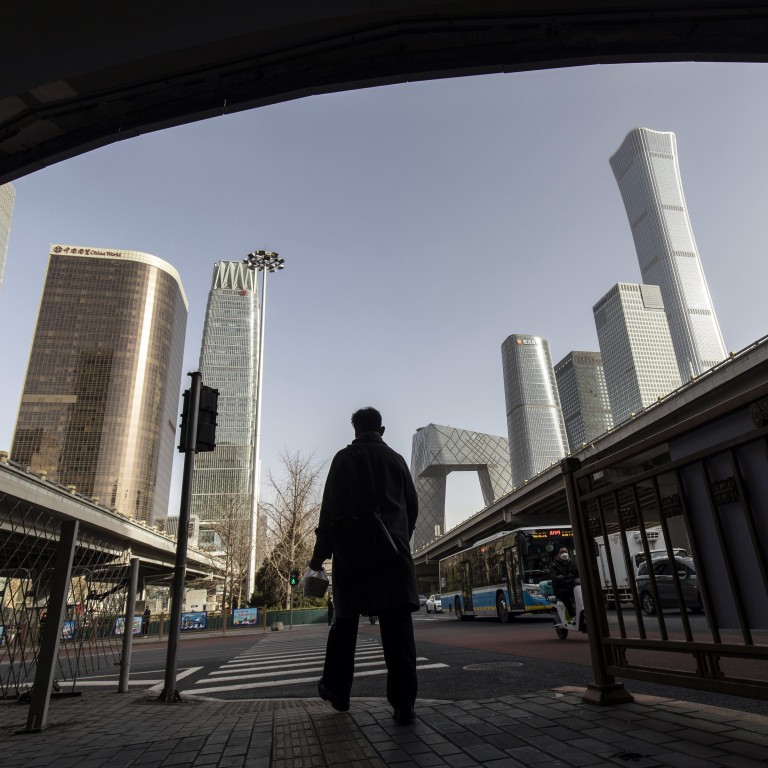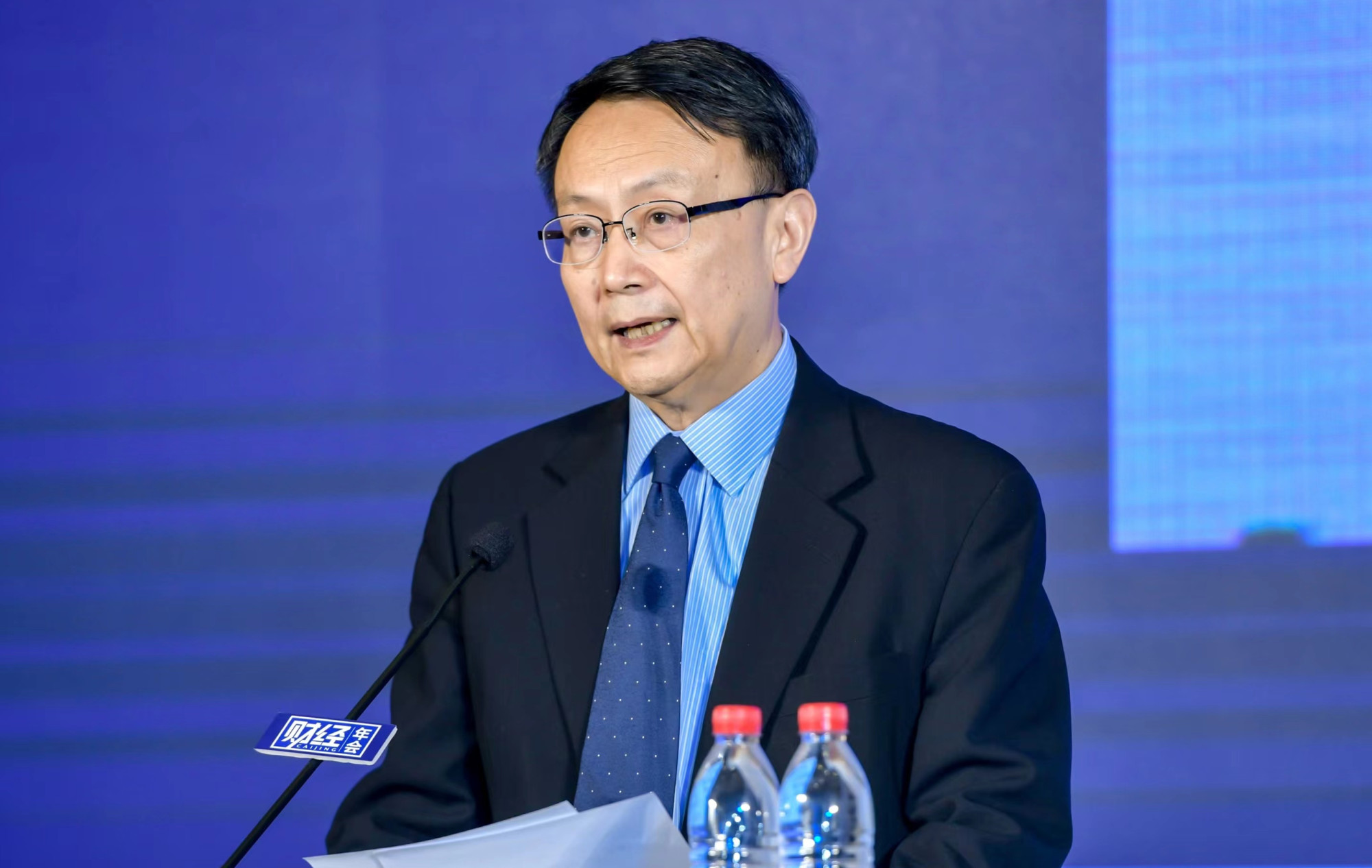
Fake news driving wedge between Chinese and foreigners, top Beijing adviser says in call for ban
- Rampant sharing of fake information has had ‘serious impact’ on interests of China and its society, CPPCC Standing Committee member says
- Jia Qingguo seeks laws banning the sharing of such misleading information
Such information had further intensified confrontation between China and other countries, said Jia Qingguo, former dean of the School of International Studies at Peking University, as he called for laws against their dissemination.
“For example, there are often people on the internet who, for some reason, present a foreigner’s vicious remarks against China as the opinion of representing everyone in that country, thereby inciting the public’s discontent and hostility towards that country and its people,” he said.

Fake information confused the public about right and wrong, amplified extreme voices and fuelled polarisation, he told TheCover, a news outlet affiliated to the state-owned Sichuan Daily.
When society was divided by such misleading information, consensus building on objective facts became more difficult, Jia noted in the interview published on Saturday.
“Because of the low cost, speed and wide coverage of internet communication, compared with traditional communication methods, [and] assisted by some marketing means, false information can be spread rapidly and widely.”
The rampant dissemination of fake information had had a “serious impact” on the interests of China and its society, Jia noted. He said that at the annual session he would suggest laws to be enacted to crack down on the creation and sharing of fake news.
Backlash in China over social media mocking of Ukraine conflict
Chinese internet regulators are strict about content originating in and related to China, but have generally turned a blind eye so far to conspiracy theories and fake news about foreign governments and societies.
In a survey published in November by the Carter Centre’s US-China Perception Monitor, 62 per cent of Chinese held unfavourable views of the US, rising to 63 per cent among those aged 16 to 24.

